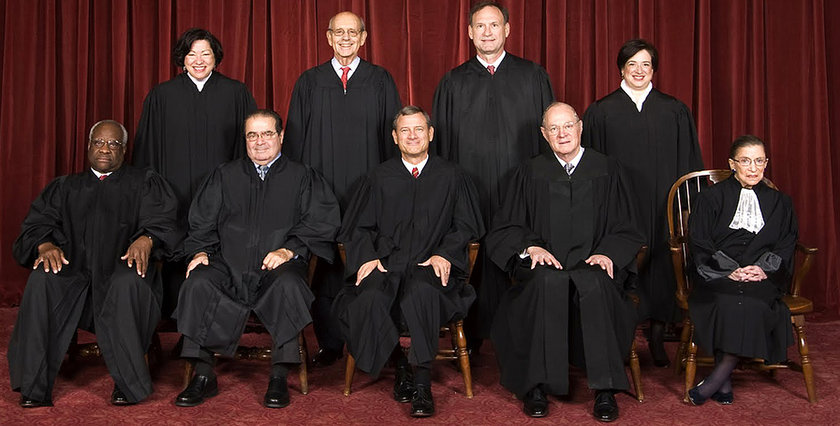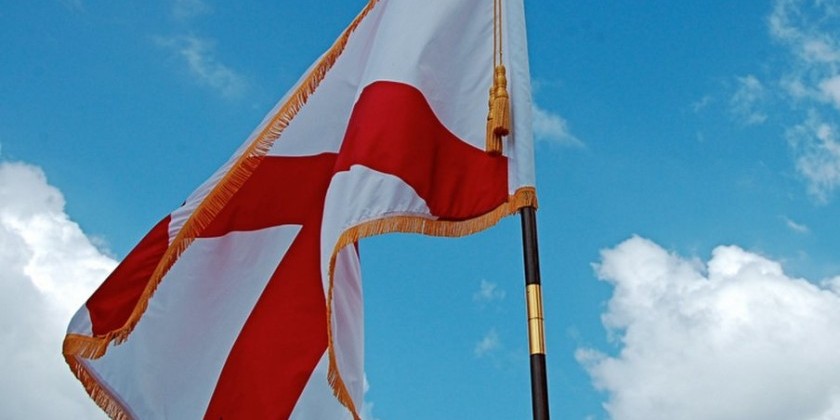
MONTGOMERY, Ala. — Alabama Governor Robert Bentley has assembled a team of legal experts to assess the religious liberty implications of the U.S. Supreme Court’s decision to legalize same-sex marriage nationwide, Yellowhammer learned Monday.
In a 5-4 decision this past week, the Court struck down same-sex marriage bans across the country, effectively creating a constitutional right to marriage.
Gov. Bentley’s communications director Jennifer Ardis told Yellowhammer Monday that upon hearing the ruling the governor’s thoughts immediately turned to the impact it could have on Alabama churches.
“The governor spent the weekend reading the justices’ opinions and gathering information,” she said. “After talking to him, I could tell how much he is bothered by it. It has been weighing on him heavily. He is deeply concerned about the free exercise of religion in churches and other religious organizations.”
After studying the ruling himself, Bentley, who is a longtime deacon at First Baptist Church in Tuscaloosa, decided the concerns were serious enough that he would gather a team of attorneys who specialize in constitutional law to help craft a plan of action.
“He has consulted a team of legal experts to examine any detrimental impacts on churches in the aftermath of the Court’s ruling,” said Ardis.
Bentley is not alone in his concerns. Several justices who dissented from the Court’s majority opinion in the same-sex marriage case warned of the ruling’s potential impact on religious liberty.
“Today’s decision… creates serious questions about religious liberty,” wrote Chief Justice John Roberts. “Many good and decent people oppose same-sex marriage as a tenet of faith, and their freedom to exercise religion is—unlike the right imagined by the majority—actually spelled out in the Constitution.”
Justice Clarence Thomas warned in his dissent that it “appears all but inevitable” that the role of the government and of religious institutions will “come into conflict, particularly as individuals and churches are confronted with demands to participate in and endorse civil marriages between same-sex couples.”
During oral arguments, Justice Samuel Alito voiced concerns that the tax-exempt status of religious institutions could face heightened scrutiny if the Court invented a Constitutional right for same-sex couples to get married. Even Solicitor General Donald B. Verrilli Jr., who argued the case for the Obama administration, admitted “it’s certainly going to be an issue. I don’t deny that.”
Ardis said the governor plans to compile a full assessment of the implications of the Court’s ruling, then chart a course of action.
“The Governor will be making decisions on what steps the state should take in the near future,” she said.
Like this article? Hate it? Follow me on Twitter and let me know what you think.
— Cliff Sims (@Cliff_Sims) June 9, 2015










